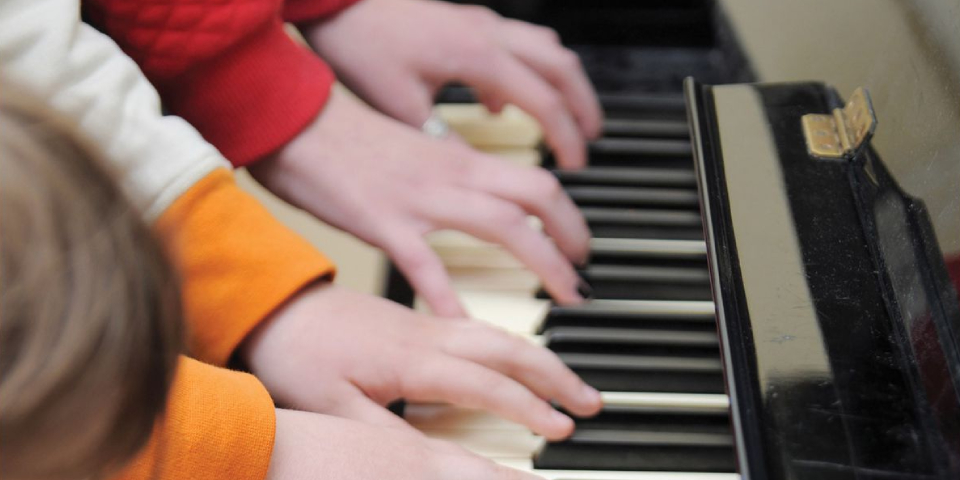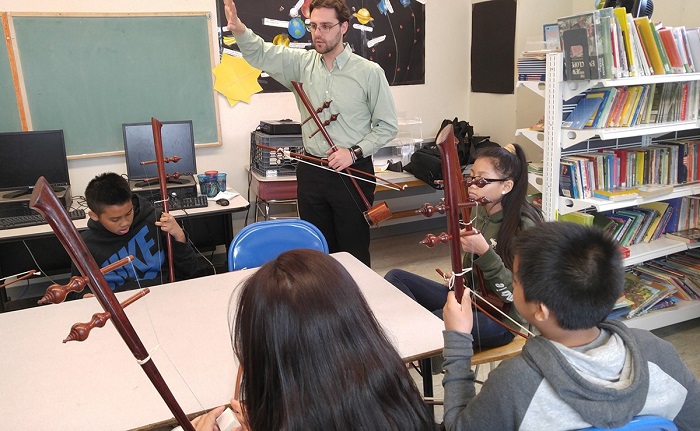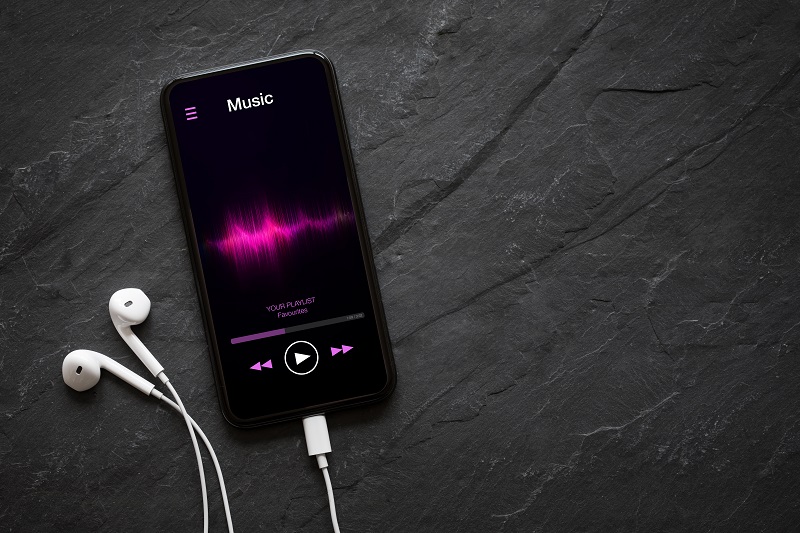Importance Of Music Education In Schools

Why Is To Include Arts And Drama In Education?
August 24, 2021
Benefits Of Children Learning A Musical Instrument
December 17, 2021Importance Of Music Education In Schools

Music is a beautiful form of expression, and children are discouraged from pursuing music education because of cost or time commitment factors. Children’s development depends on their exposure to music during their early childhood. It helps them develop a vocabulary that will allow them to comprehend the orchestral piece or recognize emotions in the opera. So, music education is mandatory in various CBSE schools in Chennai (https://www.babajividhyashram.org/). Learn more here on how to motivate a child to pursue music.
Encouraging kids to take up music lessons is difficult due to the wide variety of musical styles available. Therefore, to make music education inclusive for all students, you must understand the culture of the community in which you teach and ensure that all students receive high-quality music education.
Music Education In Early Childhood
Early childhood music education is about play, and play is inherent in early childhood music. The earlier children are immersed in a rich musical environment, the greater their musical vocabulary will be. The youngest musicians learn from their peers and build their musical vocabulary by observing others in a rich musical environment. They also develop their musical tastes and personalities due to their observations and learning from their peers.
Music-making opportunities can begin at an early age, even at birth, with inspiring lessons and exploratory early childhood music and movement class. If you consider enrolling your younger child in a music education program, it is best to start with a game, as a three-year-old’s attention span is not sustained for three minutes. Group music lessons or classes are indispensable for youngest learners, who are beginning to understand their place in the musical world. A three-year-old child can learn to play music through exploration, gameplay, and storytelling. It is similar to learning a foreign language before learning to read and write.
Inspire Kids To Learn Music
Early musical experiences help to develop a musical vocabulary. If you teach your child music at a young age, they will reap the benefits later. The brain is malleable and can learn new skills at various stages of life. Consider how a child learns to communicate by listening to sounds and symbols in her environment and how she learns to make connections between sounds and symbols in the world of music. Some techniques to get the child inspired with music are:
- Make music in your own home and learn an instrument yourself to help your child understand and enjoy at any age.
- When you spend time with your child, listen to their music and talk about the bands you saw perform live.
- Several cities hold outdoor concerts with bands and orchestras during the summer months. Take them there as your child will become immersed in the music’s atmosphere.
- Show your children what it’s like to listen to live music. Participate in their learning process by playing with them or listening to them.
- Allow your child to experiment with different activities and teach them about music.
- If your child is interested in playing an instrument or singing, consider enrolling them in a music class.
- If your child is interested in the musical instruments you have before them, it is time to make a serious commitment to their musical passion.
- When your children play an instrument, sing, or listen to music, tell them how proud you are of them. It will motivate them to continue their studies.

Benefits Of Music Education For Kids In Their School Curriculum As Stated By Good Schools In Chennai
These are just a few of the numerous benefits of music lessons for children that have been documented.
- Music education provides stress relief for students because it is a creative outlet and provides a pleasant distraction during the school-day. Music education also helps students to enjoy school.
- Early childhood music helps children develop interpersonal skills and become more aware of their surroundings. It also helps children develop social skills and become more aware of their surroundings.
- Music education is a great way to bring people together from all walks of life, regardless of their ethnic or social background. It can also bridge the gap between academic disciplines, and students who are not particularly gifted academically can sometimes achieve great success in the arts.
- Music education allows students to learn about and experience different cultures and to accept differences.
- People who play music have higher IQs than those who do not play music.
- Music helps children develop language skills that will benefit them throughout their lives.
- Music helps children learn a language and read music, which helps reinforce the skills.
- Music encourages children to slow down, turn off their electronic devices, and concentrate in a fun and engaging way. It also requires them to exercise their memory skills and push them to their absolute limits.
- Music lessons at AFS are important because they inspire children to learn more about music. Children who enjoy music are more likely to succeed in life.
- Music can teach children discipline and can be used in conjunction with martial arts.
- Like any other art form, music has rules that, when followed, result in the creation of art. Music classes help students become more self-aware and develop a better sense of taste.
- Music education is beneficial to students’ overall well-being and can improve their academic performance, social skills, and creativity.
- Music education improves students’ learning outcomes and language skills and exposes students to a variety of languages.
- Music education helps students to improve their memory skills.
- Music education is beneficial to students in schools because it enhances their listening skills and helps them work in groups.
- Music education fosters the development of long-lasting friendships and relationships and increases student engagement in school.
- Music education promotes improved coordination, particularly in the hand-eye coordination department, as musicians must multitask and perform multiple tasks simultaneously.
- Music education is a lifelong process that teaches children perseverance, determination, and a positive attitude. Students learn that success takes time and effort, and hours of study and practice to achieve success.
How To Keep Students Interested And Establish A Good Student Tutor Relationship?
Consider the wide range of backgrounds of your students, and make music education inclusive for all students. Good schools in Chennai concentrate on each student’s unique abilities and teach music lessons as per their needs and requirements. Every music teacher has difficult class periods from time to time. Music class will have students who don’t like it, and you have to deal with them. Consider ways to show up for your students other than teaching them music.
- If you plan to enroll your children in classes, look for a teacher who will keep them interested. Giving your children music lessons can help them gain a new perspective on the subject.
- Music education at school is dedicated to teaching children how to appreciate music. As a music educator, you must learn how to establish relationships with your students.
- Music lesson plans are a straightforward method of communicating with your students. Discourse on topics unrelated to music is permitted in your music classroom’s “talk to my box” to keep them interested.
- If you are not in the music room, find other ways to communicate with your students.
- If you are at the music room door when students enter, say “hello” and extend your welcome to them.
- When teaching music, try to greet your students and create a welcoming environment.
- Teach music theory through folk songs and popular songs. Make sure to compare and contrast different songs to ensure that your students understand that all music is music.
- If the music room is doing well, tell the class.
Summing It Up
We’ve discussed ways to engage your students in conversation about topics other than music. To ensure that music education is accessible to all students, educators must ensure that their voice is calm and collected. They are developing strategies for reaching difficult-to-reach students. If you want to ensure that music education is accessible to all students, you will make mistakes, but the important thing is that you attempt it.

